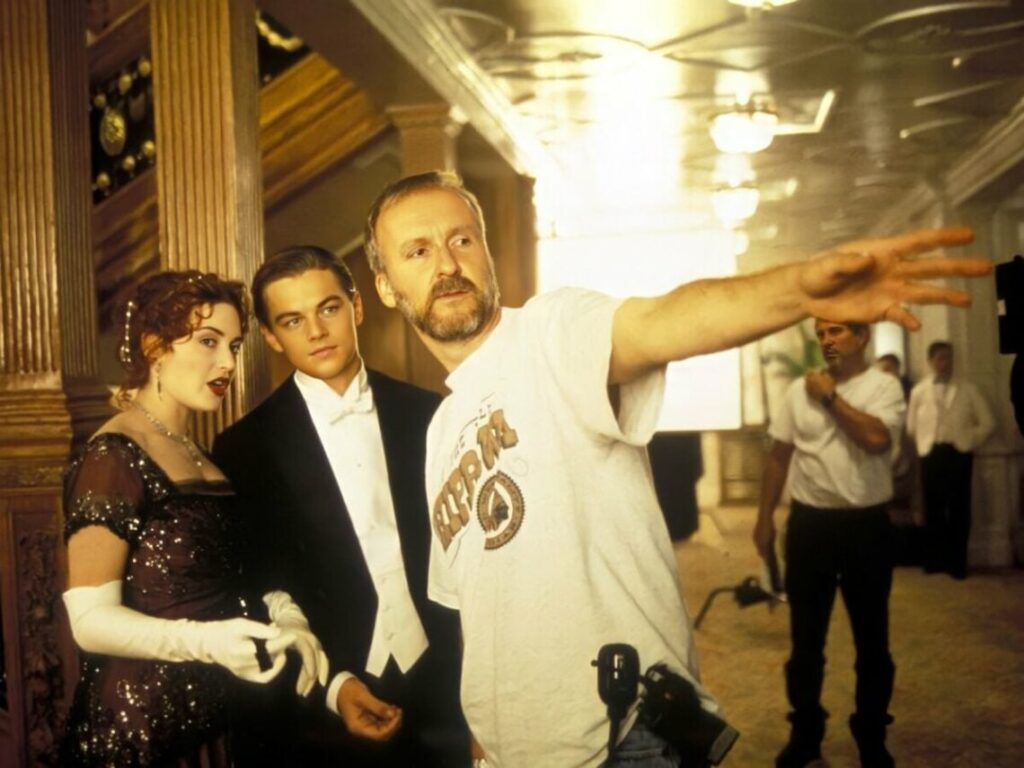How ‘Titanic’ encouraged defections from North Korea
 Posted On
Posted On
(Credit: Alamy)
There’s no denying that James Cameron’s Titanic was a phenomenon the likes of which cinema had never seen before, but its impact stretched well beyond the borders of the film business.
Obviously, the industry was conquered and then some after the romantic epic became the first theatrical release to ever cross the billion-dollar threshold at the box office, becoming the highest-grossing movie of all time by such a considerable distance that it wouldn’t be usurped until Cameron’s own Avatar came along a dozen years later.
Notching 14 Academy Award nominations, Titanic would tie a record set by Ben-Hur almost 40 years previously by winning 11 trophies on the night, including ‘Best Picture’ and ‘Best Director’, to say nothing of its status as Hollywood’s first $200million production, never mind Celine Dion’s ‘My Heart Will Go On’ selling more than 18 million copies and being a fixture of the charts for months on end.
Titanic shattered box office records in countless countries all over the world, but it ended up having an even more profound effect on a nation where even watching it was illegal. In 2007, Park Yeon-mi and her family fled North Korea in an effort to escape the oppressive regime, with her love of Cameron’s film playing a huge part in the risky decision.
Having witnessed the mother of a school classmate be executed for loaning a South Korean feature to a friend, the punishment associated with external cinema was capital. Undeterred, though, Park viewed mainstream movies as “a window for us to see the outside world.”
“There were different levels of punishment,” she explained to The Guardian. “If you were caught with a Bollywood or Russian movie you were sent to prison for three years, but if it was South Korean or American you were executed.” Despite the inherent dangers, Park and her friends developed a deep-seated love of popular titles.
“My favourite movies were Titanic, James Bond and Pretty Woman – people smuggled in pirate copies from China,” she continued. “Everyone was hungry so they couldn’t afford to buy many DVDs, so if I had Snow White and my friend had James Bond we would swap.”
The prospect of death looming overhead for doing something as innocuous as viewing a film is a spine-chilling prospect, but Park “couldn’t stop watching movies because there was no fun in North Korea.” Due to the mundane nature of her everyday life, “when I watched them, I saw something new and felt hope – fear didn’t stop me, nor will it stop others.”
The black market in North Korea for Western cinema has been booming for years against the express wishes of the authorities, but Titanic proved so powerful for Park that it served as the catalyst for her family to flee their home country for good.
[embedded content]

